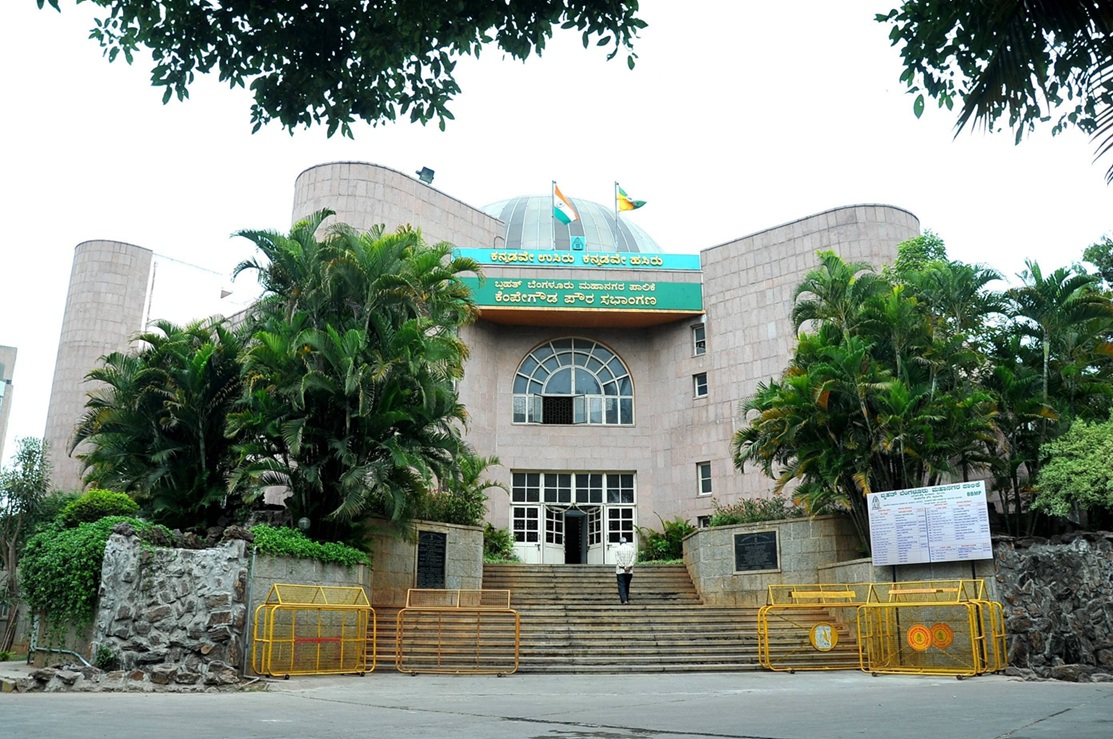The Karnataka government is set to launch the Greater Bengaluru Governance Act (GBGA), 2024, on May 15, ushering in a major overhaul of Bengaluru’s civic administration. This landmark legislation will replace the Bruhat Bengaluru Mahanagara Palike (BBMP) Act of 2021 and aims to create a more efficient and responsive governance model for the rapidly growing metropolis.
What’s Changing?
The GBGA introduces a new administrative structure by allowing the division of the BBMP into multiple municipal corporations. Although the final number hasn’t been officially confirmed, the Act permits the formation of up to seven separate corporations, each responsible for managing specific regions of the city. The goal is greater decentralisation, which would ideally lead to more localized, efficient service delivery and governance.
During the transition, the BBMP will continue to operate in a restructured form, and an administrator will be appointed to oversee the reorganization. The current BBMP Commissioner is expected to remain in position until the new system is fully operational.
The GBGA’s passage came after a series of discussions, including objections raised by Governor Thaawarchand Gehlot in March. After the government addressed the concerns, the Bill was cleared during the state Budget session and received the Governor’s assent in April.
Introducing the Greater Bengaluru Authority (GBA)
A key feature of the GBGA is the formation of the Greater Bengaluru Authority (GBA)—a central coordinating body chaired by Chief Minister Siddaramaiah. The GBA will oversee the entire 709 sq. km area currently under BBMP jurisdiction. Its responsibilities include urban planning, major infrastructure projects, and mobility solutions that span across multiple zones of the city.
Boost to Local Governance
The Act also aims to strengthen grassroots democracy by empowering ward committees. These bodies will be given greater autonomy and accountability, enabling local representatives to better address neighborhood-specific issues. The state government hopes this will improve civic participation, transparency, and public trust in governance.
Political Pushback
The legislation has not been without controversy. Opposition parties, including the BJP and Janata Dal (Secular), have criticized the move and walked out during debates. Their main concern is that the creation of a state-controlled GBA could undermine the independence of municipal bodies and potentially violate the 74th Constitutional Amendment, which mandates the devolution of power to local self-governments.
What This Means for Bengaluru Residents
For citizens, the GBGA could pave the way for faster, more responsive civic services, better coordination in urban development, and stronger local governance—but only if the implementation is smooth and inclusive. Key challenges include managing the transition efficiently, ensuring coordination among multiple agencies, and genuinely empowering local bodies rather than centralizing control.
As the Act comes into force on May 15, it will trigger a comprehensive reorganization process involving the redrawing of municipal boundaries, reallocation of staff, and the establishment of new operational systems. Whether it leads to real improvements in the city’s infrastructure and administration remains to be seen—but the GBGA undeniably marks a pivotal moment in Bengaluru’s governance journey.


